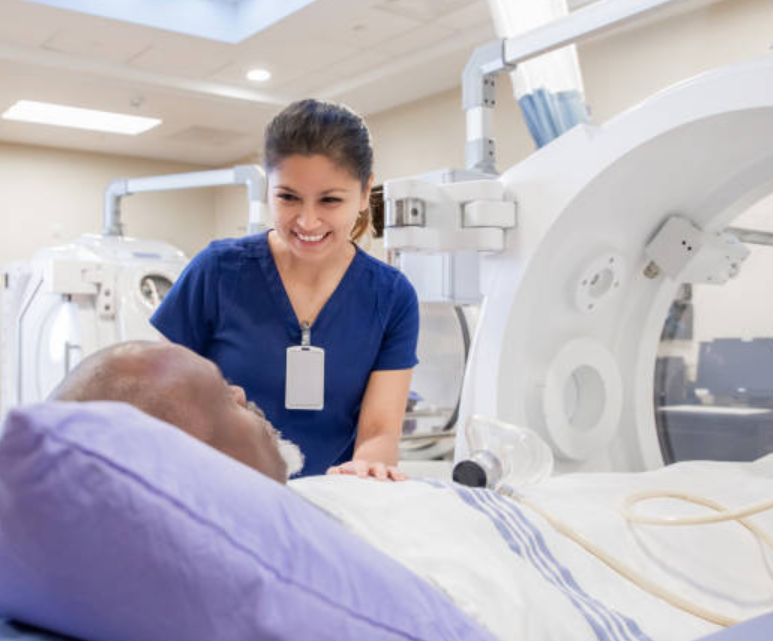DISCOVERY: Atomic Portrait of Enzyme MnSOD Reveals Antioxidant’s Therapeutic Properties
One of the by products of mitochondrial energy process is reactive oxygen species (ROS), which can damage and in high enough concentrations can kill cells. An overabundance of ROS has been connected to various health issues, including cancers, neurological disorders, and heart disease. The enzyme manganese superoxide dismutase (MnSOD) usesRead











